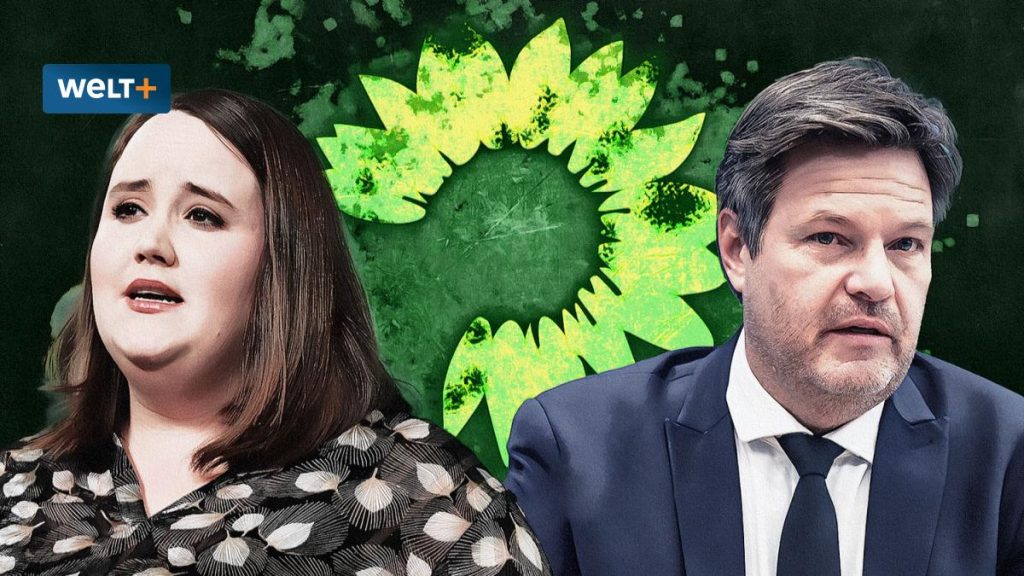The Green Party in Germany is facing a deep crisis rather than just a temporary slump in popularity. The party, once seen as an alternative to traditional politics, is now struggling with a major acceptance issue among the public. This crisis is a result of various factors, including internal disagreements, a lack of clear direction, and growing disillusionment among voters. Despite their initial success and popularity, the Greens are now struggling to maintain their relevance and appeal to a broader audience.
One of the main reasons for the Green Party’s current crisis is the lack of a cohesive message and clear direction. The party is torn between its leftist and realistic factions, which has led to internal conflicts and confusion among both party members and voters. This lack of unity has made it difficult for the Greens to effectively communicate their policies and priorities to the public, resulting in a loss of support and credibility. Without a clear vision and message, the party is struggling to attract new voters and retain their existing base.
Another factor contributing to the Green Party’s acceptance problem is the growing disillusionment among voters. Many people who once supported the Greens as a progressive and innovative force in politics are now feeling let down by the party’s inability to bring about meaningful change. The Greens have failed to deliver on their promises and live up to the expectations of their supporters, leading to a sense of disappointment and frustration among voters. This lack of trust and credibility has damaged the party’s reputation and made it difficult for them to regain public support.
In addition to these internal and external challenges, the Green Party is also facing increasing competition from other political parties. The rise of alternative parties, such as the Left Party and the liberal Free Democrats, has further eroded the Green Party’s support base and made it harder for them to stand out in a crowded political landscape. The Greens are struggling to differentiate themselves from their rivals and present a compelling alternative to traditional politics, leading to a further decline in their popularity and influence.
Despite these challenges, the Green Party has not given up hope and is working to rebuild and rebrand itself in order to regain public trust and support. The party is focusing on developing a new, more coherent message that resonates with voters and addresses their concerns and priorities. They are also working to address their internal divisions and unite their members behind a common vision for the future. By taking these steps, the Greens hope to overcome their acceptance problem and rebuild their reputation as a progressive and credible political force in Germany.
Overall, the Green Party’s acceptance problem is a result of a combination of factors, including internal conflicts, disillusionment among voters, and increased competition from other parties. In order to overcome this crisis, the Greens will need to work on developing a clear and compelling message, addressing their internal divisions, and regaining the trust and support of the public. Only by taking decisive action and presenting a strong and united front can the Green Party hope to emerge from this crisis and once again become a relevant and influential force in German politics.


